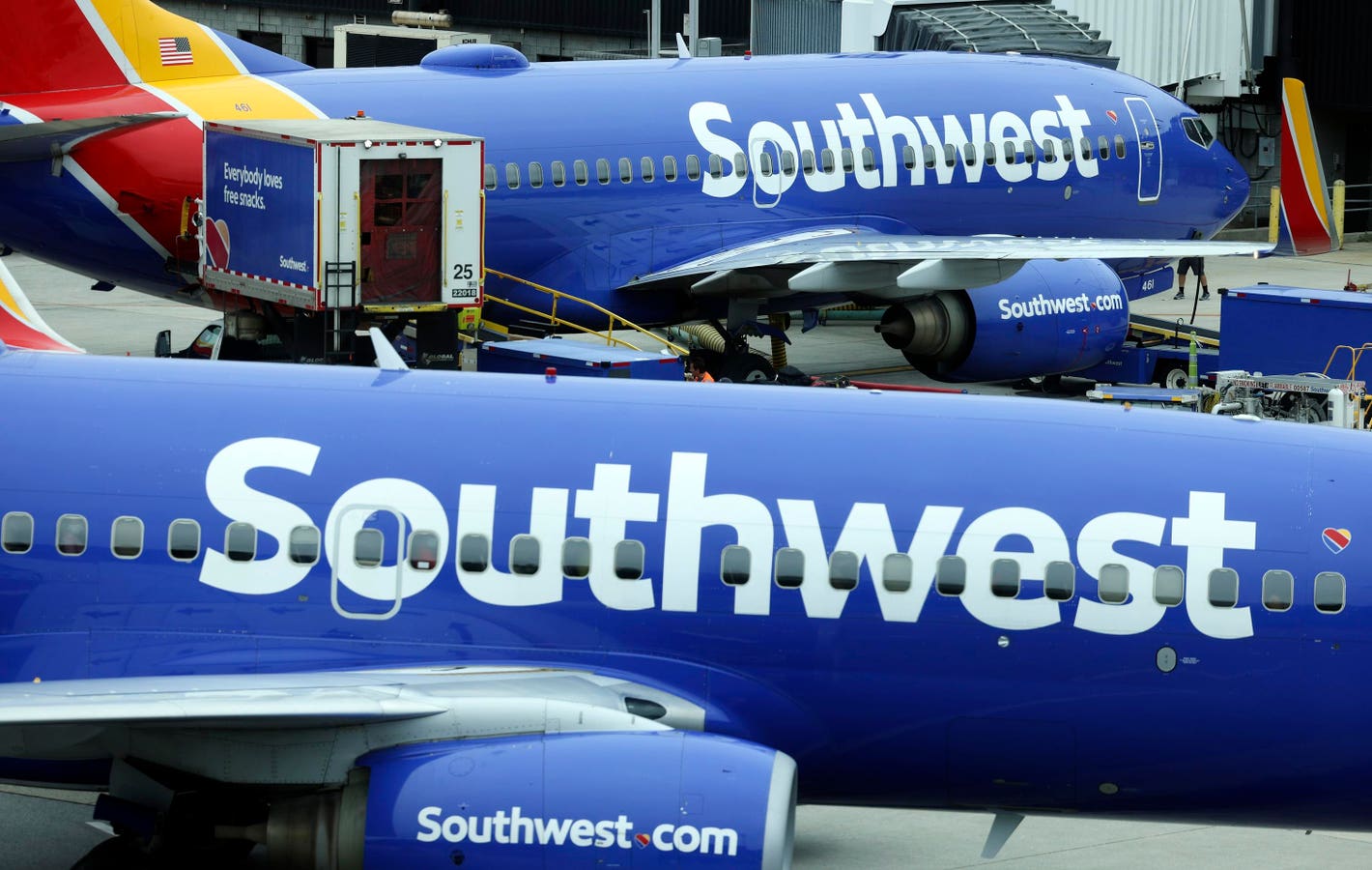There’s no question that Oscar Munoz was good for United Airlines. He came in as CEO at a tough time, fixed problems, and then did what many executives cannot: he managed succession well. Munoz hired Scott Kirby soon after Kirby was fired by American. Then Kirby put United in a spot where most people in the airline industry think it is now better than American.
On Thursday, in Fortune magazine, Munoz argued against an ongoing effort by a hedge fund to get involved in running Southwest, primarily by getting board seats and replacing CEO Bob Jordan.
“Take it from me,” Munoz wrote. “Running an airline is a complex endeavor that requires more than just financial acumen. It demands a deep understanding of the industry, operational expertise, and a commitment to the company’s core values. But it doesn’t demand changing CEOs strictly because progress has been slower than Wall Street wants.”
Arguably, Southwest should buy an ad to post Munoz’s argument, not let it be posted behind a paywall. But Southwest communications strategies have long been problematic.
Munoz also said something disturbing in his article. Referring to the July CrowdStrike-induced problems that resulted in thousands of airline industry cancellations, he wrote that Southwest “weathered the CrowdStrike outages better than its competitors, despite bogus reporting of it running Windows 3.1.”
I am among the reporters who wrote that reliance on Windows 3.1 explained Southwest’s good performance. I found this information online and included it in my story, crediting the source, an online site that covers tech. Before posting, I emailed Southwest to ask whether the information was accurate. No one responded. Until Thursday, no one said the story was wrong.
As far as I can tell, Southwest did not publicly acknowledge until this week that using Windows 3.1 was not what protected it. Rather, Munoz posted on Thursday. The next day, the company said in an email, “The operations never ran Windows 3.1. In addition to our outstanding frontline employees who helped us experience a near-zero cancelation rate, we were able to operate safely due to two factors. First, we primarily utilize a CrowdStrike competitor for endpoint cyber security protection. Second, investments made to continue modernizing core operation technology meant that we had redundancy in place for some of our vendors that were experiencing issues.”
I corrected my story.
If there was “bogus reporting,” I think it was enabled by an unresponsive airline.
During its own December 2022 meltdown, Southwest cancelled 16,900 flights and stranded two million passengers due to the failure of its aging technologies. At the time, the carrier was widely criticized for not communicating with its passengers or with reporters, whose calls and emails often went unanswered. Much of the information about the situation was provided by the airline’s unions.
As far as the hedge fund Elliot Management, which is buying Southwest shares and calling for change, it can easily cite problems at Southwest, which is certainly not the low-cost provider it set out to be. As Scott Kirby has said, United has been far better able to compete with Southwest since Kirby eliminated change fees in 2020, matching a longstanding Southwest practice. Others followed United. Southwest just changed its longstanding egalitarian seating policy. Market strategist Stephanie Link says Southwest has “lost its way.”
Still, the airline industry obviously has room for a high-frequency point-to-point carrier, when most of the competition comes from three global airlines focused on flying to and from their hubs.
The perception of activist investor participation in the airline industry has been shaped by Carl Icahn’s failed 1985 takeover of TWA. Eventually TWA filed for bankruptcy three times. Also in the 1980s, Frank Lorenzo took over several airlines. While Lorenzo fought unions, he also built hubs in Denver, Houston and Newark. This enabled Continental’s success and now United’s.
As Munoz said, airlines are complex. They spend billions on safety, which produces no direct profit. They are heavily unionized: fights with unions always seem inviting for investors who want to make cuts and outsource work. Also, airlines have valuable assets, not just aircraft, but also gates and slots at congested airports, which can be sold or leveraged.
And then there are the credit card deals. Airlines today are said to be credit card companies with fleets. From the outside, one can easily see many opportunities to make money and boost the share price at the expense of passengers and employees.
Also, to paraphrase something Bob Crandall said, everybody thinks they can run an airline better than the people who are currently running it.
Southwest today offers plenty of room to improve communication with reporters. Just not sure about the rest of it.
Read the full article here





